Evidence & Research

Supporting Documentation
Effectivness of
TMS therapy
Does TMS work? Discover published journal articles supporting the use of TMS in clinical conditions:
Clinical consensus guidelines 2019
Anxiety
This review aims to provide information on the current research approaches and main findings regarding the therapeutic use of rTMS in the context of various anxiety disorders.
Post-traumatic stress disorder (PTSD)
Low-frequency, Repetitive Transcranial Magnetic Stimulation for the Treatment of Patients with Posttraumatic Stress Disorder: a Double-blind, Sham-controlled Study.
Contact Us
When you enter into any new area of science
you almost always find yourself.
-
ADDRESS
15A Norhbrook Rd,
Dublin 6, Ireland -
Email
info@neuromediclinic.com -
Phone
+353 (01)406 8177



